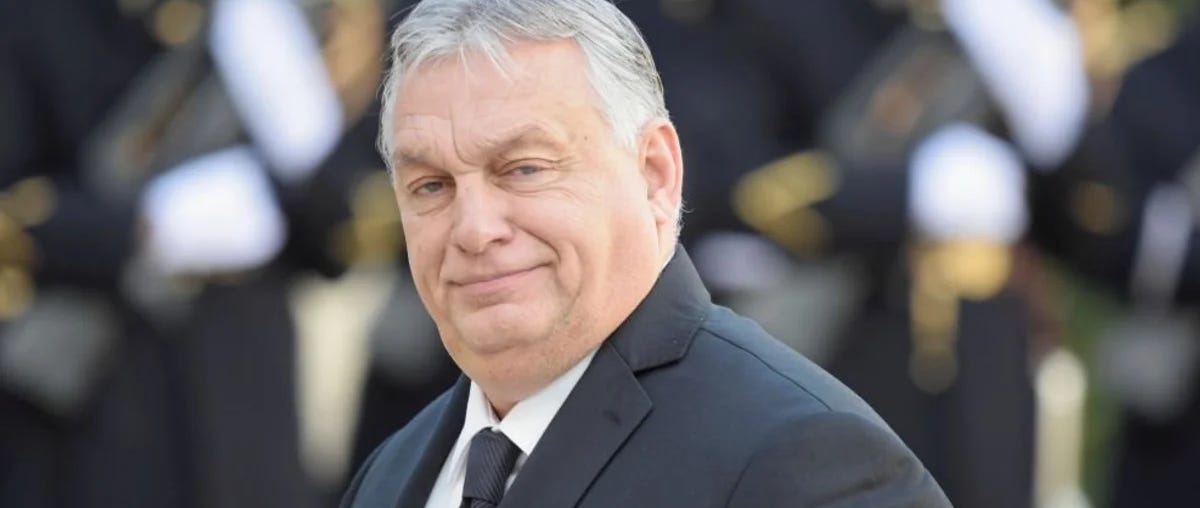Why the Davos Smart Set Sounds Dumb
It is not that the observations and arguments are notably dumb, though it is rare to hear something arrestingly smart. The signature of most conversations about current events is how emphatically commonplace they are. Business leaders, scientists, public intellectuals, cabinet ministers and the roster of operatives who accompany them all to Davos tend to be very high news consumers. Many of these people are themselves frequently in the news or have regular access to principals of government and industry. Outsiders, however, should liberate themselves from the illusion that these insiders really know the score. Their views are no more banal than the average person who also follows the news, but they are typically no less so.
There’s no reason to pick on Davos. It is just an especially concentrated setting to observe a phenomenon many journalists (and surely people in other professions) have had occasion to ponder as they enter midcareer and have accumulated a fair amount of close-range experience covering people with political, financial or academic power.
The youthful tendency is to believe these people have access to hidden pathways of information and world-shaping insight. Don’t they know things most people couldn’t guess about capital flows, or secrets shared from deep within the intelligence community? More likely they know things from The New York Times, Morning Joe, or even POLITICO — or from talking to other people who consume those brands.
It is a revelation that comes with a measure of disappointment — Really, this is what a master of the universe is like? — and also satisfaction, since there is scant reason to defer to a reputation for insight and authority that is partly mirage.
One can look at the phenomenon of elite banality from different angles. The first is the high achievers who come to Davos became high achievers typically because they were genuinely smarter and far more informed than the average bear on some concrete subject that rewards technical expertise. But many conversations about the news revolve around inherently imponderable subjects: constantly shifting public opinion and best guesses about the outcome of future elections.
On these kind of topics, even smart people — as most CEOs and policy experts and other Davos regulars are — don’t really have a choice but to pop off with opinions that are unmoored to anything stronger than hunches or personal preferences. As a journalist, I get asked all the time about what’s going to happen in some contest and face a choice. I could tell the truth, “Beats the hell out of me.” I could echo the latest conventional wisdom as I understand it. Or I can confidently proclaim some unconventional wisdom. The last approach is most fun but also most risky.
The second way to think about it is that insights or alleged insights into the deeper meaning or future course of current events have been radically democratized over recent generations. Fifty-four years ago, when the World Economic Forum’s genius convener started these gatherings, it was probably true that elites learned things at Davos or meetings of the Trilateral Commission or the Bilderberg Group that most people couldn’t easily learn for themselves. This hold was weakened by cable news and demolished by social media.
What’s more, even the wealthiest and most powerful people at Davos typically come from familiar cultural soil. Like many well-educated, reasonably comfortable professionals, they tend to view politics from a distinctly centrist perspective. In this light, the cultural and ideological eruptions roiling the United States and much of the world look mystifying and irrational. They believe there are sensible, technocratic solutions to most problems and yearn for a politics that transcends partisanship and tribalism. This instinct is as true for the local bank branch manager as it is for the global banking CEO — they talk about current events in the same way.
The final point is that even the most highly credentialed people can be vexed by modern life — even in their own areas of expertise. Every year at Davos, the Edelman public affairs firm releases its annual “trust barometer,” at least in recent years invariably showing a decline in trust of institutions and elites. On the panel to discuss the results was an expert on AI, Thomas Siebel, the CEO of the tech firm C3.ai. One of his big concerns is about how too many young people are becoming anxious and depressed because of too much time on social media. Also on the panel was Srikant Datar, dean of the faculty at Harvard Business School. One of his big concerns is how university intellectual culture is becoming too intolerant of opposing views. Siebel and Datar, like other panelists (including Helle Thorning-Schmidt, the former prime minister of Denmark), seemed like very smart, level-headed people. A bit of a surprise, then, to learn they are concerned about the same subjects that might get ventilated in a suburban patio party. And a bit of a letdown that they did not offer very precise remedies.
That may be the real lesson of Davos: Everyone is winging it, experts and schlubs alike, muddling through with at best fragmentary understandings of a fast-moving world and its inscrutable future.


